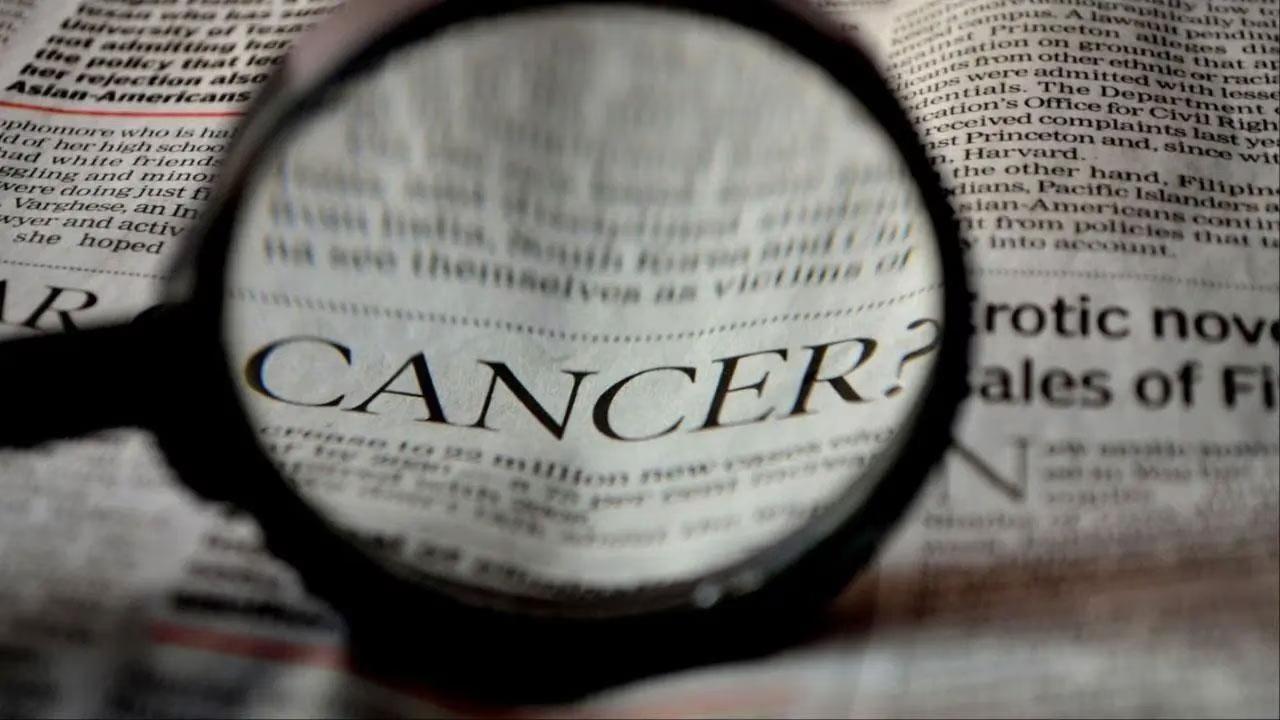The research, published on Wednesday, was led by a team from the University of Queensland (UQ) that developed a new therapeutic strategy for paediatric sarcomas, Xinhua news agency reported

Image for representational purpose only. Photo Courtesy: istock
Australian researchers have developed a new treatment for deadly childhood cancer using engineered immune cells.
The research, published on Wednesday, was led by a team from the University of Queensland (UQ) that developed a new therapeutic strategy for paediatric sarcomas, Xinhua news agency reported.
Sarcomas are cancers that develop in the bones and soft tissues, including muscles, fat, and blood vessels. In children, the tumours tend to grow aggressively and spread throughout the body, making treatment difficult.
According to the new study, sarcomas account for 5-10 per cent of all childhood cancers but are responsible for more deaths than brain cancer, skin cancer, leukaemia, and lymphoma.
The new treatment uses engineered immune cells -- also known as "killer cells" that have been modified to recognise and respond to disease -- to target and destroy sarcoma tumours.
Wayne Nicholls, a co-author of the study from UQ's Ian Frazer Centre for Children's Immunotherapy Research, said that sarcoma is the biggest killer of people aged 10-30 and that there has been no improvement in survival rates for 40 years.
"At the moment, there are really no novel therapies available for paediatric solid tumours. This is a significant step forward towards a novel therapy that could be used for patients," he said.
Fernando Guimaraes, Associate Professor at UQ’s Frazer Institute said that the breakthrough has the potential to be lifesaving for many patients.
“These cancers have a very limited number of interventions. We really haven’t had any new treatments in the past four decades,’’ Guimaraes said.
The treatment could also have an impact on other hard-to-cure diseases such as triple-negative breast cancer, said the team. The research is published in Clinical and Translational Medicine.
This story has been sourced from a third party syndicated feed, agencies. Mid-day accepts no responsibility or liability for its dependability, trustworthiness, reliability and data of the text. Mid-day management/mid-day.com reserves the sole right to alter, delete or remove (without notice) the content in its absolute discretion for any reason whatsoever.
 Subscribe today by clicking the link and stay updated with the latest news!" Click here!
Subscribe today by clicking the link and stay updated with the latest news!" Click here!








